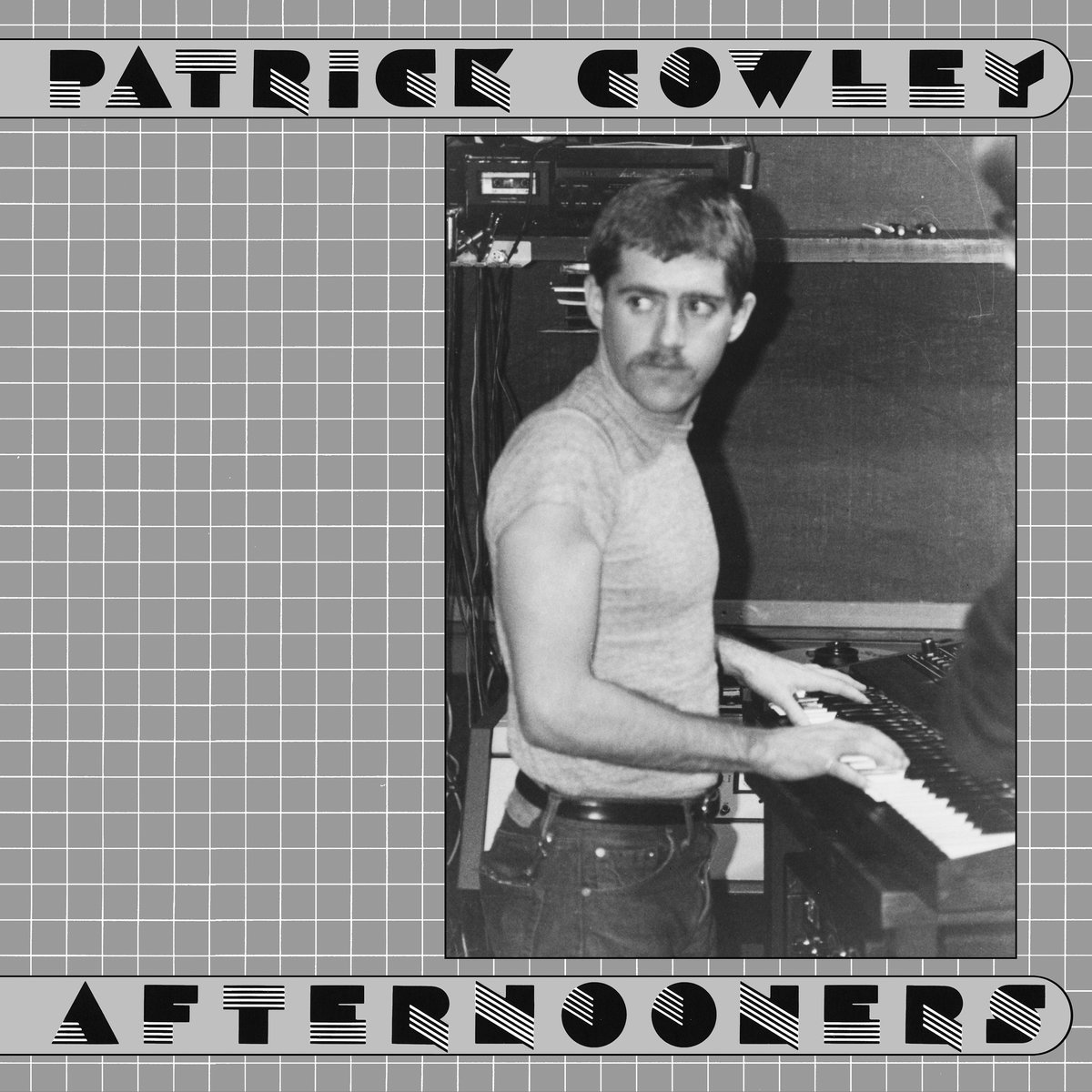Patrick Cowley is probably best known as the magician behind the synthesisers on timeless classics like “You Make me Feel” (Sylvester) and “Right on Target” (Paul Parker) and the man that took Giorgio Moroder’s Hi-NRG and shaped it to the designs of the queer dance floors in San Francisco in the late 1970’s and early 1980’s. His eighteen minute remix of Donna Sumer’s “I feel love” is one of those rare cases where the remix is actually better than the original and his two solo albums “Menergy” and “Mind Warp” are archetypically Hi -NRG, taking the sound of Disco from the stage to the studio and becoming the first true electronic dance music. Sadly, Cowley also became one of the first victims of AIDS in 1982, before doctors even realised what they were dealing with, and his star was a fleeting presence in the musical firmament, only to die to early, but one who’s incandescent glow can still be seen reflected in the music we listen to today.
Patrick Cowley was a genius, without adding any hyperbolic effect and although we know him for the music that infiltrated popular music culture, he was an avant experimentalist. He founded the Electronic Music Lab at the City College of San Francisco and away from the dance floor he could be found indulging any and all creative whims that took his fancy and notorious amongst these creative indulgences was his famed music on John Coletti’s gay porn movies for Fox studios.
Taken from the archives of Cowley’s time at college, Coletti would speed and pitch these pieces to match his films and the result was the soundtrack albums School Daze and Muscle Up, which later on became fully-fledged albums in their own right. Succeeding School Daze and Muscle Up in 2017, is Afternooners the third in the series that came about after Honey Soundsystem label, Dark Entries unearthed more archival material recorded between 1979 and 1982. Like School Daze and Muscle Up, the compilation is made up of previously unreleased material, mostly recorded around the same time as Cowley’s Mind Warp LP, but it also includes three bonus tracks found in the archives of fellow Megatone Records recording artist Paul Parker and the attic of teenage friend Lily Bartels.
Taking some of the body out of the music, Afternooners reflects a side to Cowley he never had a chance to truly explore beyond the cutting room floor, and perhaps even hints at which direction the music might have gone in the future. We have to imagine it’s Cowley purely in the process of a creative flurry, composing for the mere sake of composing, and it lends a raw quality to the music contained within that you might not get on the purposely produced School Daze and Muscle Up, records that were released in Cowley’s lifetime.
I imagine on tracks like the “The Runner” and “Jungle Orchid” I can hear Cowley experimenting with the machines, but the music is still very much epochal with the electronic sounds definitely incased within their time. It shows the advancement of affordable synthesisers like the Roland’s SH09 and Juno series, machines whose rubbery lead lines would go on to define House music and showcases Cowley’s talents as a true innovator on the back of history. Probably never intended for anything specific, Dark Entries used the porn compilation series to catalogue these previously unreleased pieces, using the titles from fox Studios’ 8mm film loops to some provocative effect. “Afternooners” draws a line in the sand between Cowley’s somewhat experimental output and his more functional works intended for the dance floor as well revealing further dimensions to this extensive musical talent.
Who is to know what Cowley’s ambitions was for this music, but in the context of this compilation they stand to show the musician and composer as one of the all-time greats of music and some 35 years after his death, Cowley continues to intrigue with Afternooners.

